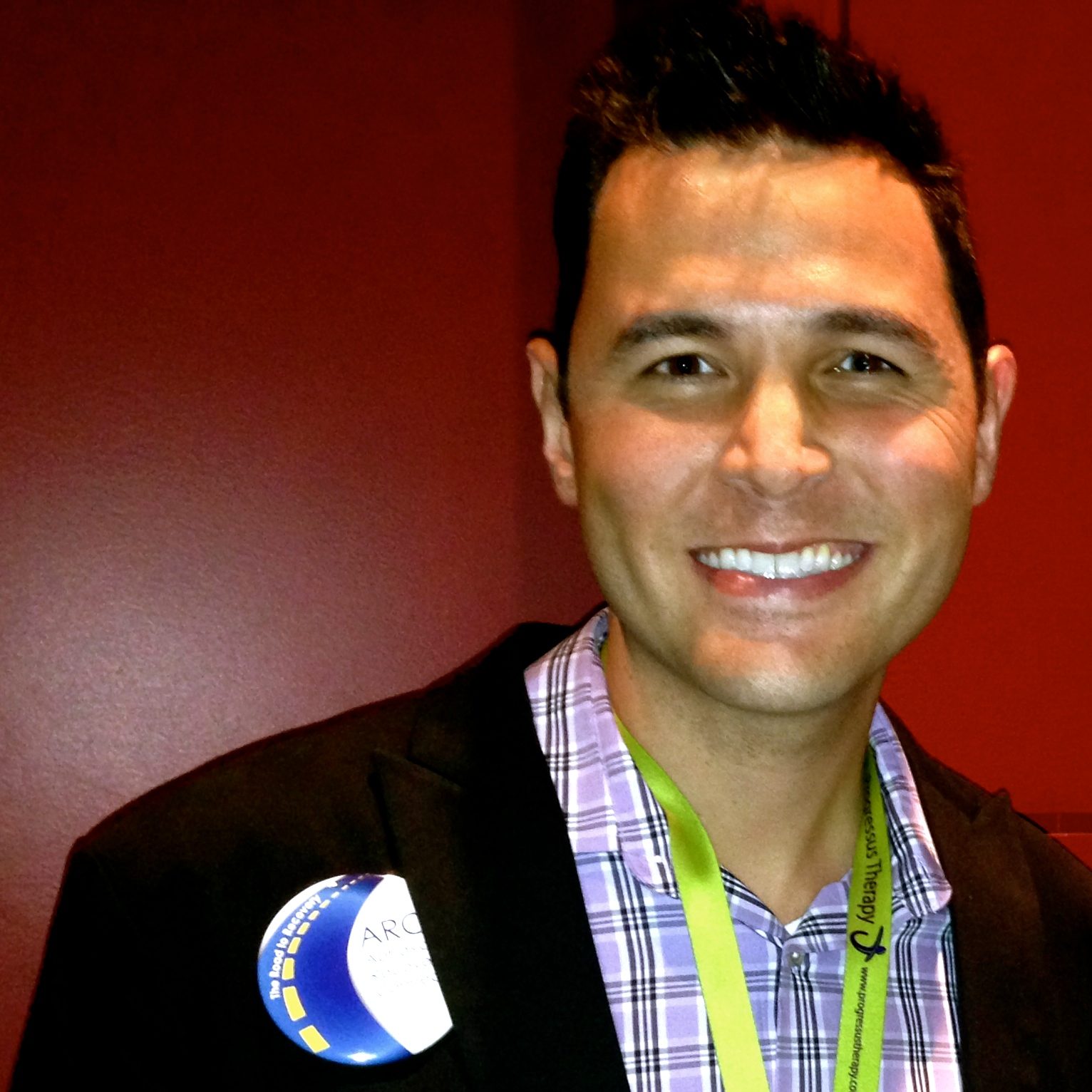When I was a little boy, I dreamed of becoming a doctor like my father. That dream died – when I was ten years old. I had a massvie stroke. And diagnosed with global aphasia – no reading, writing, or talking.
That was nearly twenty years ago. I went to speech therapy for nearly fifteen years. Today, I can read, write, and talk again – although it isn’t as easy as before.
When I returned to public school – they moved me from the gifted program to a classroom with children with mental retardation. I knew I was still smart.
At age 13, I wanted to quit school. Teachers and other kids didn’t know how to deal with apahsia.
So, with the help of Dr. Audrey Holland, my mom found a school for me that had only 80 students and 5 full time speech therapists. It has small classes, patient teachers, and visual teaching styles.
Today, I am an adult. I’ve learned a lot about aphasia over the years.
First, it is incredibly lonely and isolating. The world, in general, doesn’t seem to get it. I guess they can’t understand how someone can be impaired – yet still very smart.
I’ve learned that people should connect. Staying isolated isn’t healthy I don’t think. People should join a support group, an aphasia center, or find support online.
I also think caregivers should be trained. I was lucky. My mom got training and learned tips like slowing down, being patient, offering visual cues.
I think there is no stop sign on the road to recovery. People can continue to make gains. But – you can’t be a couch potato. You have to find tools and work at it.
Today, I am an aphasia advocate. I wrote a book, Brain Attack: My Journey of Recovery from Stroke and Aphasia. (on Amazon)
I started the Aphasia Recovery Connection (ARC) on Facebook with another young stroke survivor, Christine Huggins. She was working as an attorney and had a stroke at age 26.
I am now a speaker. I will speak on June 22 at the Rehabiliation Institute of Chicago.
When I was a little boy – I wanted to be a doctor to help people. To understand their needs and give them direction. That dream died in 1995 when I had my stroke.
Now, as a man – I realize I can still understand peoples needs and help give them direction. My experience taught me a lot.
My dream may have died. But new dreams formed.
I think it is important that people focus on what they CAN do – not on what they CANNOT Do.
Sure, aphasia is frustrating. And emotions can be a rollercoaster. But – life moves forward. And we need to pick ourselves up – and move in ways that bring joy to our lives again.
Communication isn’t just about words out of our mouths. It is a smile, a hug. A look that says, “I understand.”
Come visit us on the Aphasia Recovery Connection (ARC) site. We have a Facebook Group & page and we have a website. We do ARC conferences and cruises too.
Aphasia isn’t easy. It is helpful to connect. Meet others. And get out of your comfort zone.

